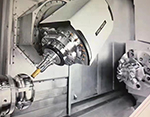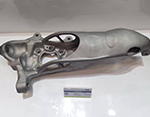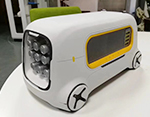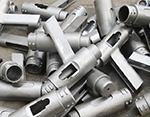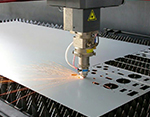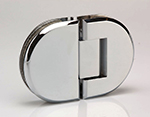-
Service
+
- CNC Precision Machining Service +
- Multi-Axis Simultaneous Machining Service +
- CNC Turning Service +
- Metal 3D Printing Service +
- Rapid Prototyping Service +
- Die Casting Service +
- Sheet Metal Fabrication Service +
-
Finish Serivces
+
- Polishing
- Grinding
- Brushed Finish
- Sand blasting
- Painting
- Powder Painting
- Anodizing
- Hard anodizing Service
- Passivation
- Zinc Plating
- Nickel Plating
- Chrome Plating
- Blackening
- Black Zinc Plating
- Teflon Coating
- Titanium Coating
- DLC Coating
- Laser Marking
- Silk Screen Printing
- Transfer Printing
- Micro Arc Oxidation
- Industries +
- About Us +
- Resource +
- Contact Us
- Quote

-
Service
-
>
-
>
-
>
-
>
-
>
-
>
-
>
-
>
-
- Industries
- About Us
- Resource
- Contact Us
CNC Machining Metal Parts
Depending on the nature of your project, machined metal alloys may the best material for your custom parts considering useful metal properties like high corrosion resistance, high heat deflection, and high impact resistance.CNC metals can be used for a range of parts from prototypes to engineering models to production components. Some of the following materials are extremely durable and can withstand extremely harsh environments with temperatures up to 1668 °C, like titanium. Other metals are general-use materials that are highly machinable and therefore suitable for testing designs at a low cost, like aluminum.
What is CNC milling?
CNC milling is a manufacturing process that uses a cutting tool mounted on a rotating spindle to selectively remove material from a block of raw substrate. The workpiece is rigidly mounted to a table, and this table moves or rotates on different planes so the tool can work at many angles. Sophisticated CNC milling machines can have 5 or more axes of independent motion to make more complex shapes or to avoid having to move the workpiece to a separate machine.
Metal Alloys Offered
Aluminum for CNC Milling
Aluminum is a lightweight metal with an excellent strength-to-weight ratio, making it ideal for applications in which metallic-level strength is required, but mass is still a concern. There are various alloys for aluminum, each denoted by the first number in their classification. The number indicates the main alloying element(s).
Aluminum is one of the most common materials used in the aerospace, medical, and automotive industries. This is due to its excellent strength-to-weight ratio, formability, and general versatility.
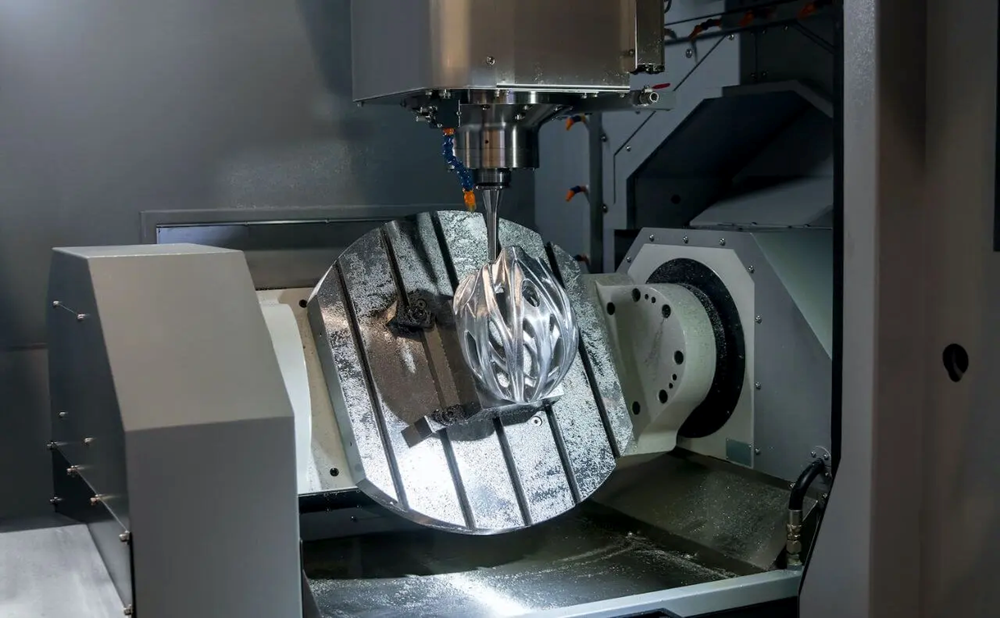
Stainless steel for CNC Milling
What sets stainless steel apart from normal steel is the inclusion of chromium in its alloys. All stainless steel chemical compositions contain at least 10.5% chromium. The inclusion of chromium makes these steels more corrosion resistant. The different grades of this material have various alloying elements that serve to further improve corrosion resistance, heat treatability, and machinability. It should be noted that heat treatment can significantly affect the metal’s mechanical properties.
Stainless steels can be classified based on their crystalline structure. This includes Austenitic, ferritic, martensitic, and duplex:
Austenitic stainless steel, such as 300- and 200-series stainless, are highly formable and do not work harden. They are also non-magnetic in an annealed condition.
Ferritic stainless steels are magnetic and offer better thermal conductivity than austenitic stainless. They cannot be hardened by heat treatment.
Martensitic stainless steel such as grade 416 and 420 can be hardened through multiple methods of aging or heat treatments.
Duplex stainless steel, also known as austenitic-ferritic, are grades of stainless that are highly specialized for improved corrosion resistance. Duplex steels are typical in industrial and architectural structuring.
Given its versatility, some form of stainless steel is prevalent in every industry.
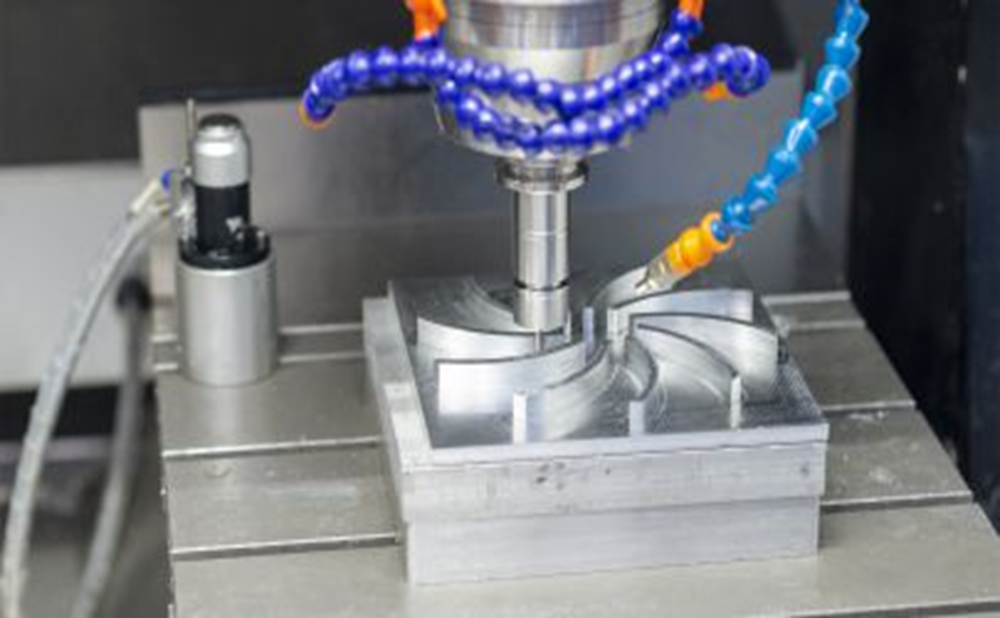
Contact:
Email: Maggie@kesugroup.com,
WhatsApp: +86 135-3842-1321
Our engineer team are ready for your projects and provide feedback quickly.

